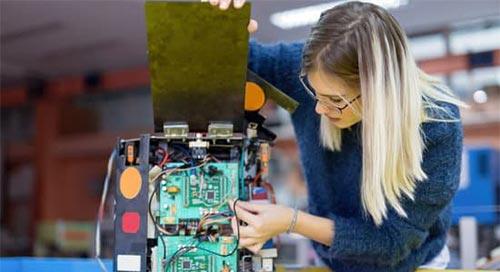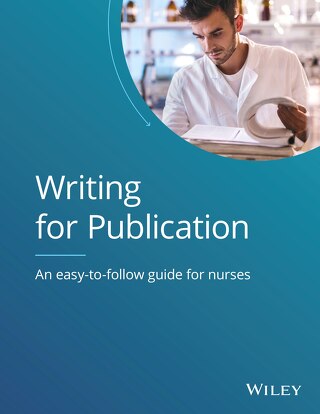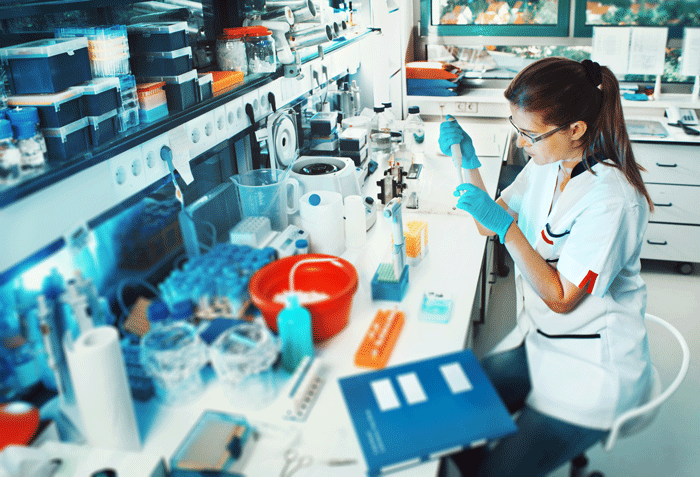a-day-in-the-life-of-microbiology-ph-d-roopali-rajput
August 01, 2014
Dr. Vinita Jindal, one of my post-graduate professors, once said, "A Ph.D. is not an easy degree to attain. If it was, then everybody who wants one would have the honor of having one.". While pursuing my five-year career in research, this has become very obvious to me.
"Pressure, pressure, pressure, you need to learn how to deal with pressure.", That’s a line I’ll never forget from my H.O.D. Dr. Charu Sudan, of my post-graduate college.
So here I am?a Ph.D. with BIG aims, ideas and goals.. The things that attracted me to the world of research were my desire to gain knowledge, my dream to significantly help society, and my perception of scientific research as a fair profession. But, I realized that academic research has as many challenging personalities as it has intellectual minds.
I started as a Junior Research Fellow in the Department of Microbiology at my university and, fortunately, I was unaffected by the politics at play in the laboratory for the next 7 months. Thanks to the research project I was involved in, I was then appointed to the National Institute of Immunology, which I really enjoyed, but I was later re-appointed to my university laboratory. My work majorly involved development of various strategies for inhibition of influenza virus replication in both in vitro and in vivo conditions. Initially, I studied the effect of RNAi agents, viz. siRNA, ribozymes (Rz), and chimeric siRNA-Rz constructs on viral propagation in cell lines and mouse models. Later, I switched on to immunological parameters, such as cytokine profiling, cell mediated immune responses, and production of recombinant monoclonal antibodies for use as diagnostic and/or therapeutic molecules.
One of the biggest challenges I’ve encountered as a Ph.D. student is trying to maintain a work-life balance and a social life outside of the lab. At times, the work can be all-consuming and it was difficult to resist my workaholic tendencies, especially when my workload became more than one person could handle. Sometimes it took something as simple as a short walk outside of the lab or a brief phone conversation with a friend to help me shift my perspective.
In India, family plays a crucial role along the journey for many Ph.D. students. Some students are lucky enough to live with their families while completing their doctoral degrees and they enjoy the financial and emotional support offered by them, while others have to cope with being far away from home while surviving in a grueling academic environment. I was fortunate that I had the complete backing of my parents and brother right from the start of my experience as a research scholar. I couldn’t imagine the completion of my research studies without their motivation, guidance and positive virtues. Many researchers pursue their studies with a deep attachment to their experimental work, which becomes a significant part of their lives 24x7x7. This can majorly affect their disposition in terms of social behavior and attitudes towards the people surrounding them, thus the support of family is that much more appreciated.
On the plus side, I’ve learned that upon completion of a Ph.D, the scholar has not only gained the knowledge of the subject he/she has studied, but has become a master of self. In the process of earning this degree, I’ve gained the virtues of patience, generosity, loyalty, kindness, benevolence, sincerity, and being a good listener, as well as more analytical , and I now have the skills to better maintain a work-life balance.
I’ve learned a new lesson every day and, together, these lessons have transformed me as a person.
Source: Fuse / Thinkstock. Influenza Virus at 295,000 Magnification












